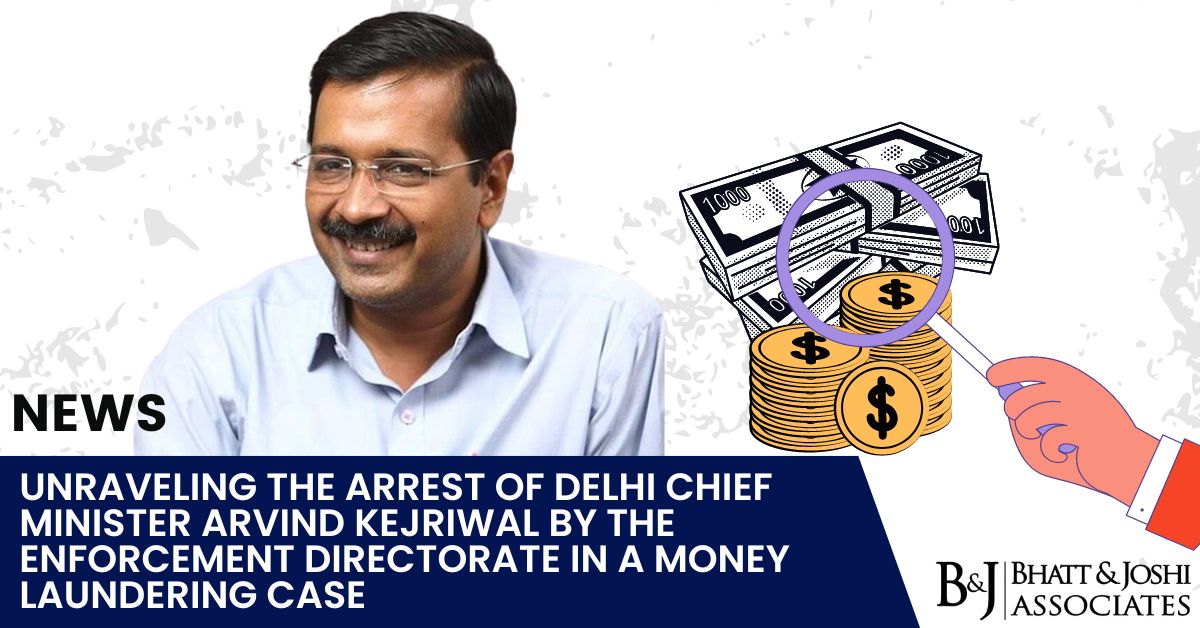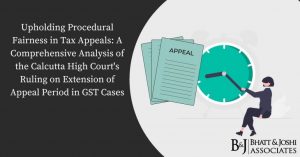Arrest of Arvind Kejriwal, Delhi Chief Minister: Unraveling the Enforcement Directorate’s Investigation in a Money Laundering Case
Introduction
In the realm of Indian politics, twists and turns are not uncommon, and the recent arrest of Delhi Chief Minister Arvind Kejriwal by the Enforcement Directorate (ED) in connection with a money laundering case has sent shockwaves across the nation. This incident marks a significant chapter in the tumultuous journey of Kejriwal, known for his anti-corruption stance and relentless fight against the political establishment. In this comprehensive analysis, we delve deep into the circumstances surrounding Kejriwal’s arrest, the legal intricacies of the case, its political ramifications, and the broader implications for Indian democracy.
Background: Arvind Kejriwal’s Political Journey
Arvind Kejriwal’s foray into politics was propelled by his involvement in social activism and his role as a key figure in the anti-corruption movement led by Anna Hazare. His meteoric rise to prominence came with the formation of the Aam Aadmi Party (AAP) in 2012, which promised clean governance and transparency in politics. Kejriwal’s ascension to the position of Delhi Chief Minister in 2015 marked a watershed moment in Indian politics, as AAP secured a landslide victory in the Delhi Legislative Assembly elections.
As Chief Minister, Kejriwal introduced several populist measures such as free water and subsidized electricity, aimed at improving the lives of Delhi’s residents. However, his tenure has been marred by frequent clashes with the central government and allegations of governance failures. Despite these challenges, Kejriwal retained a strong support base, particularly among the urban middle class and marginalized communities.
The Allegations: Money Laundering Case and ED’s Investigation
The allegations against Arvind Kejriwal stem from a money laundering case related to irregularities in the Delhi excise policy. The Enforcement Directorate launched an investigation into the matter, suspecting financial impropriety and illegal transactions involving Kejriwal and other AAP leaders. The ED’s probe focused on alleged kickbacks received by Kejriwal and his associates in exchange for favors related to the excise policy.
The investigation gained momentum with the issuance of multiple summons to Kejriwal, compelling him to appear before the ED for questioning. However, Kejriwal vehemently denied the allegations, labeling them as politically motivated attempts to tarnish his image and undermine his government’s credibility. Despite his protests, the ED persisted with its investigation, leading to Kejriwal’s eventual arrest.
Legal Battles and Judicial Proceedings Surrounding the Arrest of Arvind Kejriwal
Arvind Kejriwal’s legal battles in the wake of the ED’s investigation have been closely watched by the public and legal experts alike. His attempts to secure relief from the courts against the ED’s coercive actions have followed a tumultuous trajectory, marked by legal arguments, hearings, and judicial pronouncements. Kejriwal’s legal team argued vehemently against the legality of the ED’s summons, contending that they were issued without proper evidence and lacked a legal basis. However, the courts remained unconvinced, refusing to grant him interim protection from arrest. The Supreme Court’s decision not to intervene in the matter dealt a significant blow to Kejriwal’s defense, paving the way for his eventual arrest by the ED. As Kejriwal’s case progresses through the judicial system, questions loom large over the adequacy of evidence, the impartiality of investigative agencies, and the broader implications for democratic principles such as the rule of law and judicial independence.
Political Fallout: Ramifications of Arvind Kejriwal’s Arrest
The arrest of Arvind Kejriwal has triggered a flurry of political reactions and public debates, underscoring the polarized nature of Indian politics. While supporters of Kejriwal view his arrest as a witch-hunt orchestrated by political rivals to silence dissent and subvert democracy, critics argue that it reflects a broader pattern of corruption and malfeasance within the AAP government. The political fallout from Kejriwal’s arrest has reverberated across party lines, with opposition parties seizing the opportunity to launch scathing attacks on the ruling dispensation. The Congress and other opposition parties have accused the Bharatiya Janata Party (BJP) of using central agencies for political vendetta, thereby undermining the principles of federalism and democratic governance. On the other hand, BJP leaders have defended the ED’s actions, portraying them as necessary steps to uphold the rule of law and combat corruption. The BJP’s supporters have hailed Kejriwal’s arrest as a vindication of their long-standing allegations of corruption and mismanagement against the AAP government. Amidst the political cacophony, the public remains divided over the merits of Kejriwal’s arrest and its implications for Indian democracy. While some view it as a victory for accountability and transparency in governance, others see it as a chilling reminder of the erosion of democratic norms and the politicization of law enforcement agencies.
The Road Ahead: Legal Proceedings and Political Repercussions
As Arvind Kejriwal’s case makes its way through the legal labyrinth, the spotlight will remain firmly trained on the judiciary, investigative agencies, and the political establishment. The outcome of the case will not only determine Kejriwal’s fate but also shape the contours of Indian politics in the years to come. For Kejriwal and the AAP, the road ahead is fraught with challenges and uncertainties. The party’s ability to weather the storm and emerge stronger from the crisis will depend on its resilience, strategic acumen, and ability to mobilize public support. Kejriwal’s arrest may galvanize his supporters and bolster his image as a crusader against corruption, or it may tarnish his reputation irreparably, leading to electoral setbacks and political isolation. As the nation watches with bated breath, the saga of Arvind Kejriwal’s arrest unfolds against the backdrop of a fiercely contested political landscape, where power, prestige, and principles collide in a high-stakes battle for supremacy.
Conclusion: Assessing the Arrest of Arvind Kejriwal and Its Impact
The arrest of Delhi Chief Minister Arvind Kejriwal by the Enforcement Directorate in a money laundering case represents a pivotal moment in Indian politics, with far-reaching implications for governance, accountability, and democracy. As the legal proceedings unfold and the political fallout intensifies, the nation finds itself at a crossroads, grappling with fundamental questions about the rule of law, political morality, and the future of democratic institutions.
In the crucible of adversity, the true test of leadership lies not in avoiding challenges, but in confronting them with courage, integrity, and resilience. Whether Arvind Kejriwal emerges from this trial as a hero or a villain remains to be seen, but one thing is certain: his arrest has cast a long shadow over the Indian political landscape, leaving indelible marks on the collective consciousness of the nation.










